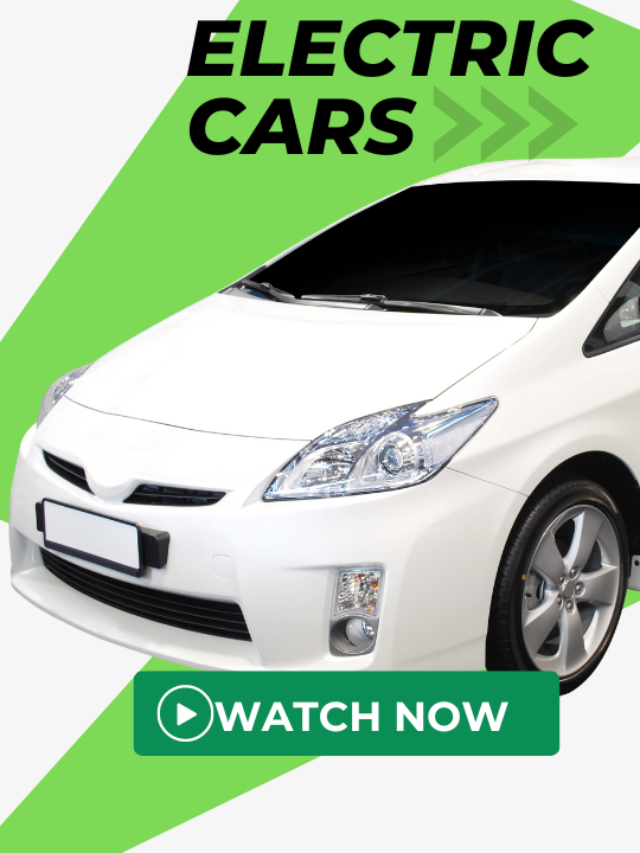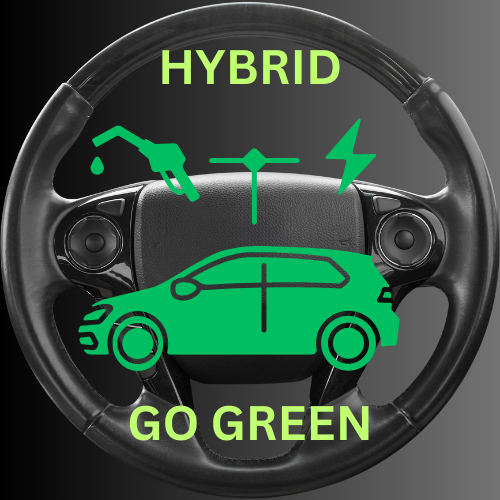The automotive industry in India is witnessing a notable shift as sales of strong Hybrid vehicles surge, outpacing both traditional fossil-fuel cars and electric vehicles, EVs. This trend highlights a growing consumer preference for fuel-efficient vehicles, especially amid rising fuel costs. The surge in strong hybrid sales, although starting from a small base, reflects a significant change in market dynamics, challenging the dominance of both conventional and electric cars in the Indian market.
In the June quarter, sales of strong hybrid vehicles reached 23,394 units, marking a 62.5% increase compared to the same period last year, according to industry estimates. This impressive growth contrasts sharply with the modest 3% rise in overall domestic passenger vehicle sales, which totaled 1.03 million units during the same period. Electric vehicle sales, on the other hand, remained largely flat at approximately 22,000 units in the first quarter of FY25. This stagnation in EV sales is attributed to consumer concerns about driving range, resale value, and other uncertainties associated with electric vehicles.
The rise of strong hybrids is partly fueled by government incentives. The Uttar Pradesh (UP) Industries Department announced on July 5 that it would waive registration charges on hybrid and plug-in hybrid vehicles, effective from July 1. This move provides a financial benefit of ₹1.5 to 3 lakh per vehicle, depending on the model and variant, and is expected to narrow the price gap between hybrids and their petrol counterparts. The incentive, which will remain in effect until October 2025, is designed to encourage the adoption of hybrid technology in the state.
The market share of strong hybrids in India currently stands at about 2%, a figure that has been steadily rising. Honda Cars India has reported a significant increase in demand for its hybrid models, with the Honda City hybrid experiencing a 35% growth in sales in July 2024 compared to the previous month. Kunal Behl, Vice President of Sales and Marketing at Honda Cars India, noted that the share of the City hybrid in the overall City model sales increased to 13% during April-July, up from 11% in the same period last year.
Similarly, Maruti Suzuki, India’s leading car manufacturer, has seen strong hybrid versions of its Grand Vitara sport-utility vehicle contribute to a fifth of its total sales. Partho Banerjee, Senior Executive Officer of Marketing and Sales at Maruti Suzuki, emphasized that strong hybrid technology is a relatively new entrant in the Indian mainstream market. The company has been actively educating customers about the benefits of hybrids, leading to a steady increase in demand as more consumers become aware of the value these vehicles offer.
The appeal of strong hybrids is illustrated by the experience of consumers like Niharika Dev, a communications professional from the National Capital Region (NCR). Dev recently purchased a Toyota Hyryder strong hybrid SUV, driven by the need for an automatic vehicle that could handle her daily commute of 19.5 kilometers each way in heavy city traffic without significantly impacting her fuel budget. The Hyryder allowed her to cut her fuel costs by 30-40%, while government incentives reduced the initial purchase price by about ₹1.5 lakh.
The rise in hybrid vehicle sales is not just about fuel efficiency. Industry insiders point out that many consumers are also concerned about the long-term resale value of EVs, battery life, and vehicle range. These concerns, combined with the rising cost of fuel, are making strong hybrids an increasingly attractive option for a growing number of buyers.
Despite the growing popularity of hybrids, electric vehicles are still struggling to gain a foothold in the Indian market. The share of EVs in new car sales is currently on par with that of strong hybrids, at about 2%. However, there are fewer hybrid models available in the market, which suggests that hybrids could potentially outpace EVs in the near future if this trend continues.
The UP government’s decision to extend incentives for both full electric and strong hybrid vehicles under the state’s EV policy has sparked some debate. While EV manufacturers like Tata Motors and Mahindra & Mahindra argue that government resources should focus on promoting zero-emission vehicles like EVs, manufacturers of hybrid vehicles such as Toyota, Maruti Suzuki, and Honda advocate for a multi-technology approach. This approach includes promoting the adoption of ethanol, flex-fuel, biogas, hybrid, and battery electric vehicles, which they argue is more suitable for reducing emissions in a diverse country like India.

However, the initial momentum in the hybrid segment is now showing signs of slowing down. Electric car sales fell by 3% year-on-year, marking the third consecutive month of decline. This decline has raised concerns that the Indian market may be following a broader global trend of slowing EV sales. One of the major barriers to the adoption of EVs in India is the sparse charging infrastructure. India currently has around 12,000 public charging stations, compared to 87,000 fuel stations for petrol and diesel. This lack of infrastructure contributes to “range anxiety” among potential EV buyers, deterring them from making the switch despite the higher running costs of conventional vehicles.
In response to these challenges, manufacturers like Maruti Suzuki, Toyota, and Honda are exploring alternative technologies such as hybrids, compressed natural gas (CNG), and flex-fuel vehicles as interim solutions to reduce emissions while the country builds up its EV ecosystem. Rajeev Singh, Partner and Consumer Industry Leader at Deloitte Asia Pacific, attributes the slow adoption of EVs to high acquisition costs and consumer concerns about vehicle range. He notes that EVs are typically 1.35 to 1.7 times more expensive than comparable petrol cars. However, Singh remains optimistic, suggesting that as battery prices decline, more EV models are introduced, and charging infrastructure improves, the adoption rate of EVs will eventually increase.
In conclusion, the strong growth in hybrid vehicle sales in India reflects a shift in consumer preferences driven by high fuel costs, government incentives, and lingering concerns about EVs. While EV adoption remains slow, the increasing popularity of hybrids suggests that a multi-technology approach may be the most effective way to achieve a greener automotive future in India.


1 thought on “Strong Hybrids Overtake EVs in India: A New Contender in the Green Race”